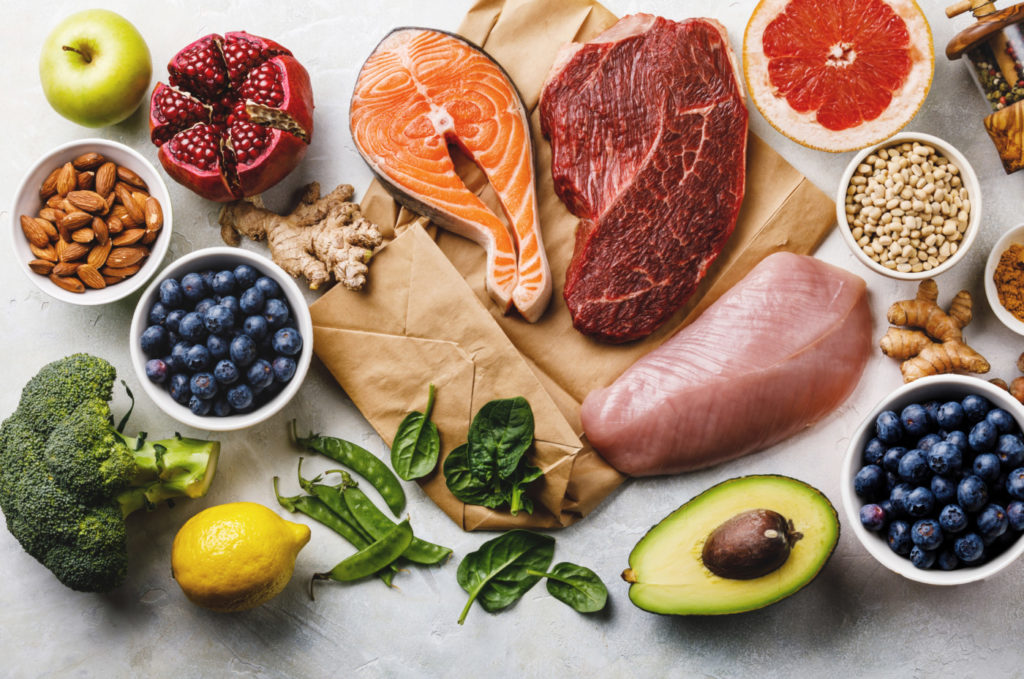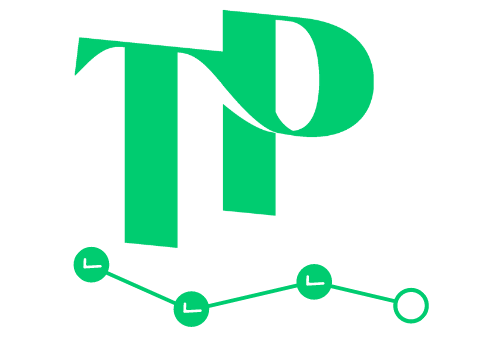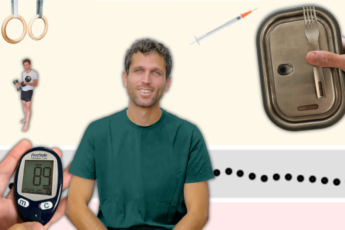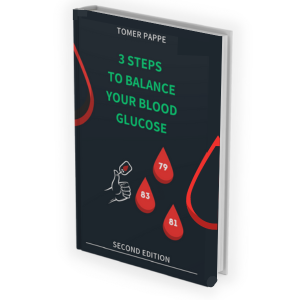
Is intermittent fasting suitable for everyone?
For millennia, humans have deprived themselves of food for expiatory purposes because of survival, spiritual or religious reasons. Today, this practice, which has become a trend, is done for the sake of well-being and health. But is it really beneficial for everybody and at any time of your life?
In intermittent fasting, the goal is to make sure to eat in a defined time window such as: 8 hours of eating a day, and in the remaining 16 you fast. The fast is also spread over sleeping hours so that there is less fasting time during waking hours. In this article, I have collected information from various sources to simplify the idea behind intermittent fasting diet approach and to try to understand the advantages and disadvantages of this approach in order to find an answer for the question – is intermittent fasting healthy?
In most cases, I believe intermittent fasting should be considered as a nutritional-interventional tool for treating urgent situations that require rapid intervention. However, when we are not dealing with urgent situations such as: obesity, type 2 diabetes and other metabolic diseases – intermittent fasting may cause more harm than good an might lead to hormonal deficiencies and other long-term complications. It is too often believed by intermittent fasting followers that during the 8 hour window of eating we get a “green light” to eat whatever we wish for including junk food.
Table of contents:
When is it recommended to implement intermittent fasting?
In conditions such as obesity, type 2 diabetes and sometimes pre-diabetes. These conditions will usually require some sort of a rapid treatment and are very suitable for treating with fasting because these are mainly- Diseases of access. According to most studies, when we experiment with intermittent fasting in these conditions, we see significant improvement in mood, body weight and blood test results. Intermittent fasting is a very effective treatment for the problems that the American population suffers from in relatively high percentages compared to the rest of the world, therefore it makes sense that quite a few popular American well known nutrition figures advocate intermittent fasting. In the USA, the percentage of people suffering from obesity is one of the highest in the world. In situation such as obesity, prolonged fasting will often cause a rapid physical change that will “shock” the body systems.
When is it wrong to experiment with intermittent fasting?
This diet is not recommended for pregnant and breastfeeding women, children, and adolescents because it could cause growth retardation, and for the elderly, whom it can further weaken their bodies.
When we fast intermittently, we set the body to a certain state of deficiency. Over time, prolonged fasts may burden the physiological system which will be expressed by the body in the form of stress. Yoy are probably aware that prolonged fasting can promote a state of cleansing, building tissues and new cells, but when the fast is prolonged the body will not receive enough “building blocks” it requires in order to build cells and regenerate tissues and that is a dangerous situation you do not wish to stay in over prolonged periods of time.
First, we might experience dizziness and headache. If it continues, it can be the cause of muscle wasting and deficiencies in macronutrients, especially proteins, as well as in minerals, such as iron, and it can even lead to anemia.
Too prolonged fasting sessions can also be harmful to the heart: certain heart problems, in particular arrhythmias, constitute a contraindication to overly restrictive diets. This risk exists especially when the fasting lasts too long, which weakens the heart muscle
When I deprived my body of those “building blocks” for too long, I started to feel symptoms of hypothyroidism which eventually blood tests could confirm. Hypothyroidism appeared as a result of an energy crisis in which the body was unable to produce enough hormones to “rise” to the level of energy required for optimal daily functioning. This crisis led me to the question: do I belong to a group in the population that would benefit from intermittent fasting? Is there any logic in depriving necessary nutrients from the body while it asks for those nutrients? When you think about it, in the evolution of humans, a successful hunter in the wild is the hunter who manages to get his hands on available and nutritious foods for long time during the year and not the hunter who walks around for days without food.

Fast and temporary treatment
According to most protocols, after a specified period of time in which we performed intermittent fasting and if the weight we aimed for in the first place was reached, it would be wise to begin increasing the number of daily meals and change to an approach of eating until we are satisfied. This is a process that can take time but little by little we would like to return the body to its true sense of hunger. From my experience I learnt that when hormonal balance stabilizes, the feelings of hunger and satiety will also reflect in a better way the body’s real need for food and energy.
What should you eat?
I try to eat the food that are concentrated in nutrients in its most natural form without added catalysts or antibiotics. Personally, I believe in consuming carbohydrates from natural sources, but it is important to remember to limit carbohydrates in a smart way, especially when it comes to conditions such as type 2 diabetes or obesity. After succeeding the intermittent fasting (considered as an initial intervention), it is advisable to deal with the rehabilitation of the body and try to provide it with all the nutrients required for optimal physical functioning. I usually consume most of the nutrients in the beginning of the day until about 12:00 pm (noon), and later in the day until I go to sleep I start to gradually decrease the amounts of foods I consume and the concentration of those foods.
An example of such a day: about two hours after getting up in the morning I do not eat. By noon I eat about 70% of the daily protein and fat required for my body. High quality red meat and natural dairy products would be a great option. When fruits are needed, I add some of them in very specific quantities, so they won’t spike my Blood Glucose at all. The next meal will usually be in the evening and will include red meat with eggs and butter so that I reach about 25% more of my daily intake. Between meals I eat small amounts of low carb fruit or real whole milk dairy products which make up the remaining 5% of my daily intake. Another important detail is that I make sure to schedule my day as much as possible so that 4 hours before bed I do not eat any food which is loaded with nutrients such as meat, organs, heavy dairy products or foods high in carbohydrates.

In conclusion
Certain situations require immediate and effective nutritional intervention in which it is advisable to use intermittent fasting approach while monitoring changes. In most fasting protocols, it is mentioned that the safest way to perform intermittent fasting is to perform it for a specified period while being monitored by health care professionals. During that period, it is recommended to pay attention to the changes that the body undergoes and the changes in the relevant indicators in the blood tests. When the body begins to regain balance and to recover, it is recommended to consult with the health care professionals accompanying you to adapt the way of eating to the new situation of your body, to assist the recovery process as much as possible. it would be wise to add to some of our meals the most nutrient-rich foods that nature has to offer- organs. Organs are the most nutrient-dense food on Earth. As in the well-known National Geographic footages where the lion bites it prey straight in the liver so the lion can get the most concentrated and nutritious organ in its freshest form or the well-known footages of a killer whale hunts a shark and bites the shark directly the shark’s liver. Evolution is absolutely smarter than all of us.

*The information on this website is not intended to be a substitute for professional medical advice, diagnosis or treatment. The said information is intended for informational purposes only and stems from personal experience. The text is not intended to diagnose, treat or cure any specific disease or medical condition. Reviews and testimonials about nutrition, training and various health approaches represent individual experiences and what is stated on the site does not guarantee any results for your specific situation. Any choice of a specific way of eating or medical treatment according to a given situation should be made under the guidance of professionals qualified to do so.




